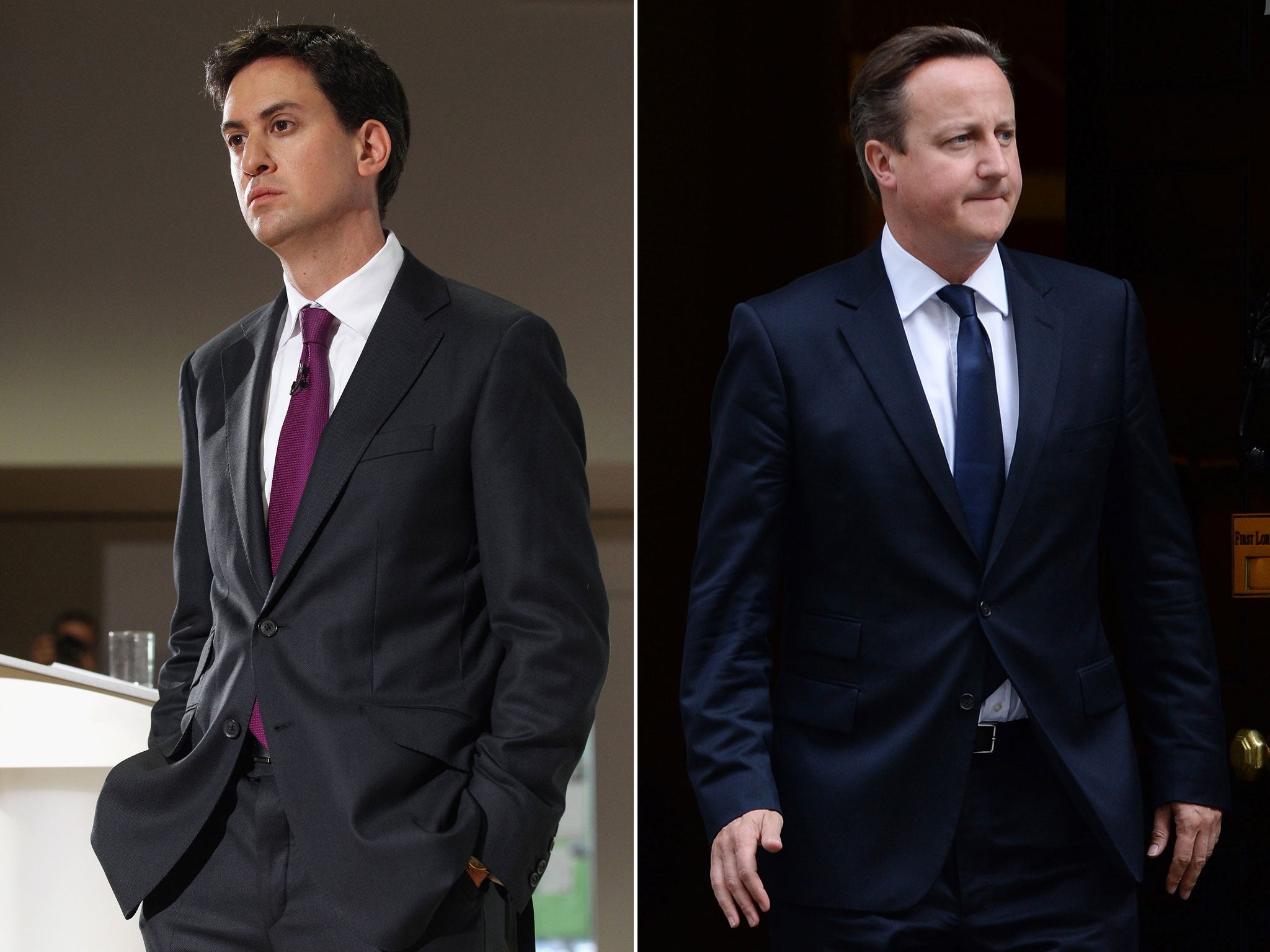General 2015: Could young people hold the keys to power in Britain?

The results are in, think tanks across Britain show that the youth vote may just win the keys to Downing Street, but political parties still fail to engage with young voters.
On 7 May, around 3.3 million young people will have their first opportunity to vote in a British general election; but their disinterest in politics is apparent in YouGov’s British Future survey which found that two million young people will not vote.
77 per cent of those young people who assert they are going to vote say big businesses are those who senior politicians pay most attention to, when asked in the British Future Survey, and only four per cent of young people think that politicians pay attention to their demographic.
Meanwhile, the Hansard Society’s Audit of Political Engagement 2014 found that whilst 76 per cent of over-65s would be certain to vote in the event of an immediate election, only 24 per cent of 18-24 year olds would do the same.
Indeed, this is supported by the figures of the voting demographic in the last national elections in 2010, in which 44 per cent of 18-24 year olds voted, compared to 76 per cent of over-65s.
Yet the Hansard Society also found that 20 per cent of 18-24 year olds would take an active part in a campaign if they felt strongly enough about an issue, whereas only 17 per cent of over-65s would.
As such, clearly there is a desire among the young public to be involved in politics, but MPs simply aren’t introducing policies into the public arena that are relatable to young people.
At the turn of the year, Demos think tank found that political parties needed to use social media more effectively to engage 18-25 year olds, in a survey of over 1, 000.
Furthermore, 44 per cent of 18-25 year olds have yet to decide which party to vote for, demonstrating the lack of policies made by all the major political parties to appeal to young people.
The Conservatives saw George Osbourne provide a little fleshed-out loans for masters courses initiative in the Autumn statement and also make promises to allow those in zero hour contracts to work for other employers.
However, the conservative stance on young voters is reflected in the quote of Dr Liam Fox MP, at the October 2014 Conservative Party Conference: “The people that politics has the biggest impact on are young people so it’s in the interest of young people to shape the world, not just be shaped by it.”
Meanwhile, Ukip argue that in addressing immigration limitations they will provide more opportunities for working class youngsters.
However, immigration has been found to be an issue that the over-65 voters are concerned with, whilst young people think that the government should be tackling problems in the economy, according to the British Future survey.
It appears that Labour may be the party to take the initiative with regards to young voters.
Ed Miliband has repeatedly pledged in the last few months to lower the voting age to 16 in the London Mayoral elections, to bring an end to unpaid internships and to get as many young people into apprenticeship schemes as degrees by 2025.
These policies have borne fruit for the Labour party, with 40 per cent of first time voters announcing that they would vote for Labour in the British Future survey.
Certainly, when issues do affect the 18-24 section of the populous, they do get involved in politics, as was demonstrated by the 30, 000 – 50, 000 students who took to the streets of central London on 10 November 2010 in an organised protest against the rise in student tuition fees.
Indeed, the referendum in Scotland showed a high level of political engagement amongst young people and the lowered voting age to 16 saw schools host classes in political awareness.
If all 7,247,000 18-25 year olds in Britain became involved in politics then we may see a strong change in election campaigns and the course of Britain’s political future.
Join our commenting forum
Join thought-provoking conversations, follow other Independent readers and see their replies
Comments
Bookmark popover
Removed from bookmarks